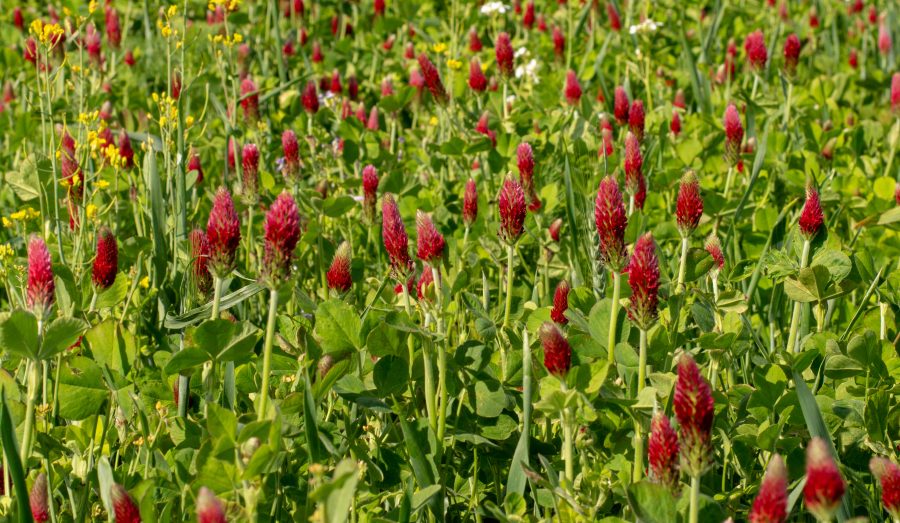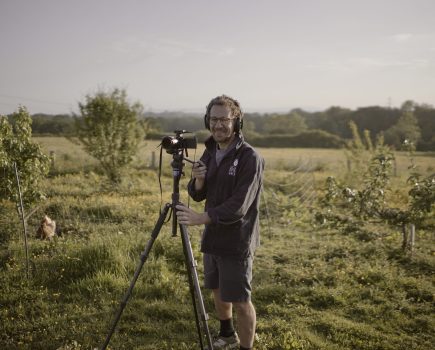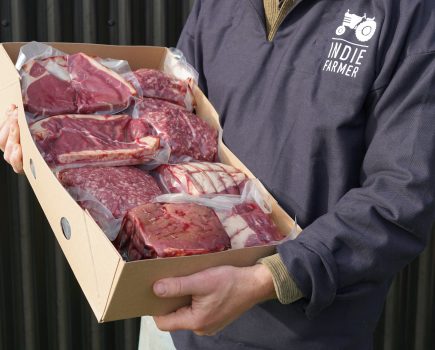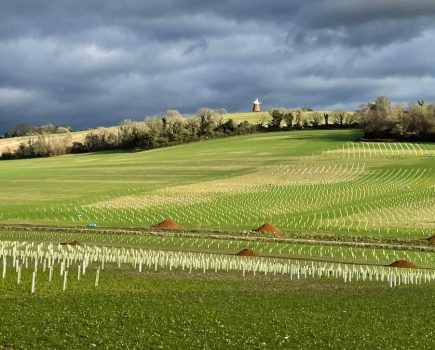DEFRA has announced further changes in the way the Sustainable Farming Incentive (SFI) will operate for farmers, with the latest terms and conditions available on the website.
The new DEFRA team has also added to the capital grants on offer, with help available for options including planting agroforestry woodland and agroforestry fruit trees, creating an agroforestry plan and installing tree guards. There is also a ‘species diversity bonus’ available. There are now 105 capital items and five plans that can be applied for, either as standalone grants or to support SFI actions.
Pointing out that “record numbers of farmers are now in an ELM scheme”, a DEFRA update blog said: “We’ve been working with ministers on how we can optimise our schemes and grants so that they produce the right outcomes for farmers, food security and nature recovery in a fair and orderly way.
“Right now, we want to maintain the momentum that built over recent months.”
Farmers and landowners looking to take advantage of the expanded SFI offer, which is now underway across 102 actions, including more than 20 new opportunities, first need to register an expression of interest with the Rural Payments Agency (RPA), which will then invite an application as part of the ongoing ‘controlled rollout’.
The recent changes mean more options will now be subject to a 25% limit on the amount of land that can be included within the scheme, a limit DEFRA first placed on some options in March to avoid too much land being taken out of food production.
In-field grass strips, bumblebird mix, unharvested cereal headland and cultivated areas for arable plants have now been added to the options subject to the cap.
Many of the 102 options currently available are designed to run for three years, rather than five, to make them more accessible to tenant farmers.
A number of SFI actions that target certain priority habitats or species, or heritage features, are known as ‘endorsed actions’ and will need approval from Natural England or Historic England before agreement can be granted.
As well as updated guidance and new conditions around some options, DEFRA has produced new ‘good practice’ voluntary advice which offers information and examples.
“This guidance is optional and something that farmers asked us to provide,” the DEFRA website points out, adding: “You don’t have to follow it.”







